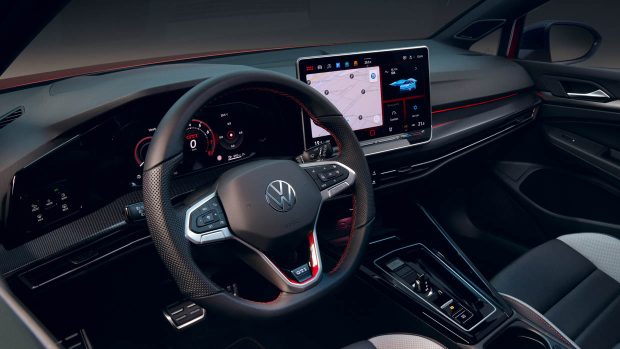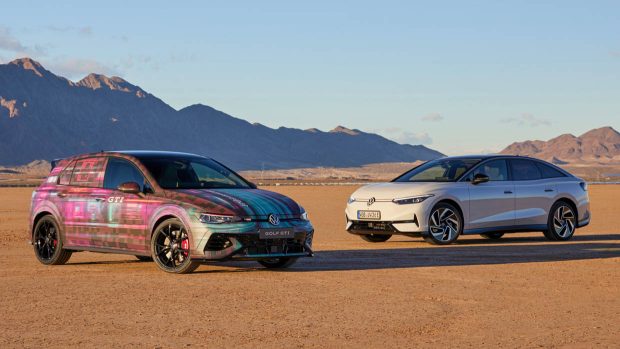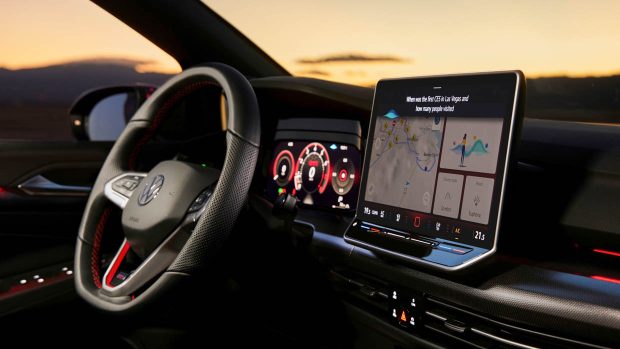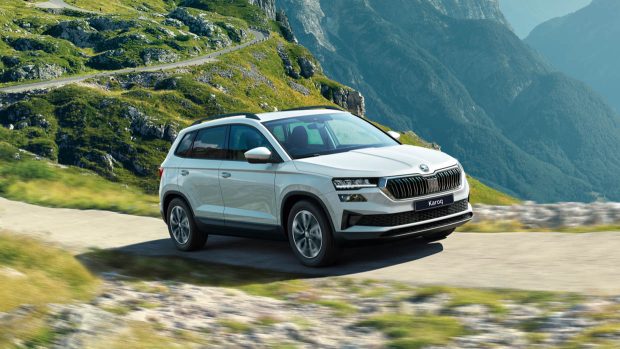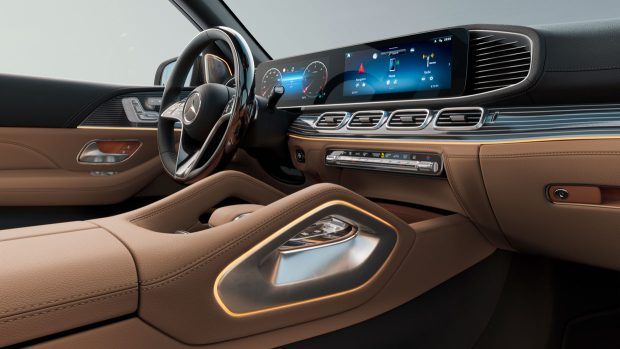-
Car Reviews
- All reviews
- Midsize SUVs
- Small cars
- Utes
- Small SUVs
- Large SUVs
- Large cars
- Sports SUVs
- Sports cars
- Vans
Latest reviews
- Car News
-
Car Comparisons
Latest comparisons
- Chasing Deals
We’ve seen artificial intelligence create text, essays, lyrics and even pictures, but how will the software function in a car?
At the recent 2024 Consumer Electronics Show (CES) in Las Vegas, USA, both Volkswagen and Mercedes-Benz made key announcements that they will eventually introduce artificial intelligence (AI) features into their vehicles.
But what exactly does this mean? And how will AI impact the driving experience and potentially bring benefits?
Let’s take a closer look at what AI could look like in a modern car and how this might affect the overall driving experience.
Major German automaker Volkswagen has combined elements of ChatGPT with what it calls a ‘IDA voice assistant’ to read out researched content to drivers while out on the road.
The brand claims it will be the first automaker to include ChatGPT as a standard feature as soon as the second quarter of 2024.
Volkswagen says that the IDA voice assistant will provide a “multitude of new capabilities that go far beyond the previous voice control”, promising more powerful voice control over systems such as infotainment, navigation and air conditioning than is currently offered in some production vehicles.
The owner will also be able to ask the car general knowledge questions – essentially making the vehicle a very large (and very expensive) Google search bar.
Direct from the Volkswagen press release, the IDA voice assistant can provide “enriching conversations, clearing up questions, interacting in intuitive language, receiving vehicle-specific information – purely hands-free”.
Over at Mercedes-Benz, a similar tactic is being played out, with the brand hoping to also incorporate a chatbot feature that is much more authentic than before.
However, unlike Volkswagen, Mercedes-Benz has not made any official reference in press material to OpenAI’s ChatGPT software.
OpenAI’s ChatGPT is far from the only large-language model chatbot system on the market, so Mercedes could be testing something entirely different for its software packaging.
The New York Times has previously reported that issues have been raised by researchers that software such as OpenAI’s ChatGPT can occasionally provide false or misleading information.
There are also concerns about user data protection.
Volkswagen has made it clear in its information statement that ChatGPT will not gain access to any of the vehicle’s data. Further, user questions and answers are said to be deleted immediately “to ensure the highest possible level of data protection”.
Positively, the brand also states that it will use a program called Cerence Chat Pro to cross-check multiple sources to ensure the IDA provides accurate and relevant responses.
Cerence, a US-led company that claims to be the first automotive AI service, has also partnered with Skoda to launch an automotive chatbot that can answer an estimated 10,000 open-ended questions while providing a unique driving experience.
Expect the technology to broaden the scope and breadth of topical car-related questions, such as:
Latest news
About Chasing cars
Chasing Cars reviews are 100% independent.
Because we are powered by Budget Direct Insurance, we don’t receive advertising or sales revenue from car manufacturers.
We’re truly independent – giving you Australia’s best car reviews.
